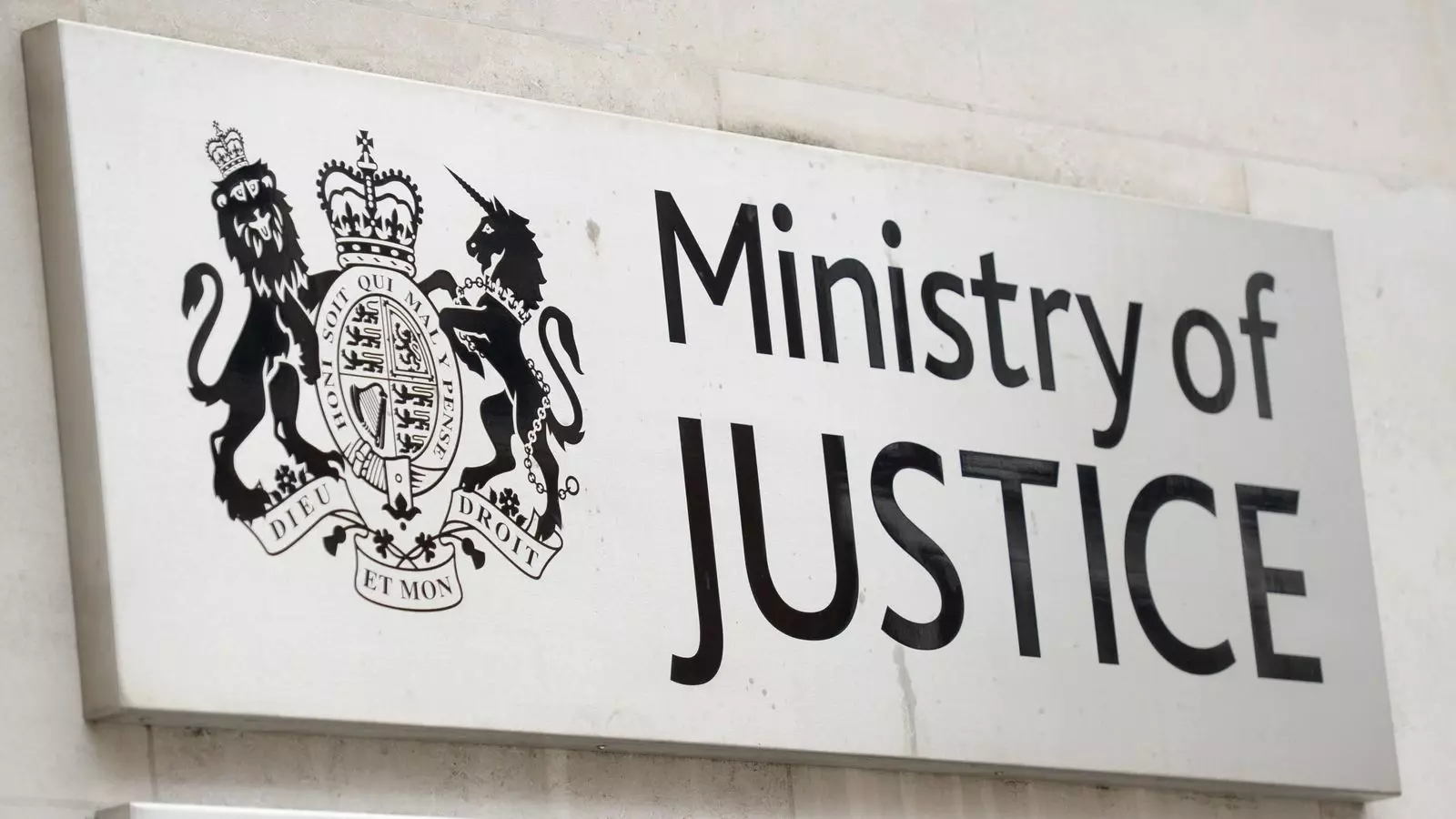In a world increasingly defined by digital interaction, the security of sensitive personal data must be a priority, especially within institutions like the Legal Aid Agency (LAA). Recent revelations about a serious data breach have highlighted glaring vulnerabilities that not only jeopardize confidential information but also expose the systemic failures grounded in neglect and misuse of resources. The Ministry of Justice (MoJ) has confirmed that a cyberattack resulted in unauthorized access to personal data, including criminal records, impacting those who sought legal aid over the last 15 years. The breach is alarming, with claims that hackers extracted 2.1 million pieces of data, although the MoJ’s reluctance to fully verify this number raises further concerns about the transparency of this case.
Given the extremely sensitive nature of the information involved—such as contact details, national insurance numbers, and financial histories—the emotional and psychological repercussions for affected individuals cannot be overstated. Many individuals seek legal aid in vulnerable situations, often facing tremendous stress and uncertainty. Learning that their private data might have fallen into the hands of malicious entities only exacerbates their emotional turmoil. The urgency to address the systemic flaws highlighted by this breach cannot be overstated.
Failures in Governance and Oversight
The narrative surrounding this breach exposes a severe lack of government accountability, particularly on the part of the previous administration. Reports of known vulnerabilities in the LAA’s IT systems have circulated for years, yet little to no proactive measures were taken to safeguard the data that the agency holds. An internal source within the MoJ pointed fingers at “neglect and mismanagement,” a critique that resonates broadly, as governmental bodies across the spectrum often remain reactive rather than proactive in addressing potential crises. This incident underscores the dire necessity for robust cybersecurity measures and modernized administrative practices within public sectors.
Apologies from the LAA chief executive, Jane Harbottle, reflect an unsettling reality: phrases like “shocking and upsetting” no longer suffice in the face of systemic failures. While it is commendable that contingency plans are being put in place for those requiring legal assistance, the fundamental question remains: why did it take a significant breach to trigger necessary changes? Given the heightened risk of cyber threats today, the expectation is that systems dealing with sensitive data proactively fortify their cybersecurity strategies.
The Public’s Trust on the Line
With the LAA at a standstill and its digital services taken offline, the repercussions of this breach extend far beyond immediate data insecurity. The UK public’s trust in the justice system—a vital cornerstone for any democracy— is severely impacted. The Law Society has aptly noted the need for continued investment to modernize the LAA’s “antiquated IT system.” The juxtaposition of essential legal services relying on outdated technology is unacceptable in contemporary society. By failing to modernize, we set ourselves up for repeated failures and a cycle of neglect that only deepens public skepticism regarding governmental institutions.
Without public trust, the very fabric of legal aid—and by extension, the broader justice system—becomes frayed. Vulnerable populations must rely on these services not merely for legal support but as a means of empowerment and equity in the face of systemic inequalities. Cybersecurity breaches like this one risk eroding the very rights and protections that legal aid is meant to uphold.
Cybersecurity as a National Priority
The gravity of the recent breach serves as a wake-up call not only for the LAA but also for the entire governance framework dedicated to public welfare and safety. As the MoJ collaborates with the National Crime Agency and the National Cyber Security Centre to investigate this incident, the stage is set for transformative changes in how we prioritize data security across all public institutions.
The stakes are high. The fallout from data breaches can manifest in numerous ways—identity theft, financial fraud, psychological distress, and a pervasive feeling of vulnerability among citizens. It is crucial to view cybersecurity not just as an IT issue but as an issue that touches on human rights and public trust. Failure to act decisively in the wake of such incidents compromises not only the safety of citizens but also the integrity of the democracy they inhabit.
This moment demands more than just apologies and temporary fixes; it requires a fundamental commitment to reforming outdated protocols and investing in modern infrastructures capable of standing up to the challenges posed by our frequently evolving digital landscape. As a society, we must unite in advocating for these changes, ensuring that legal aid—and indeed all public services—are secure, transparent, and trustworthy.


Leave a Reply